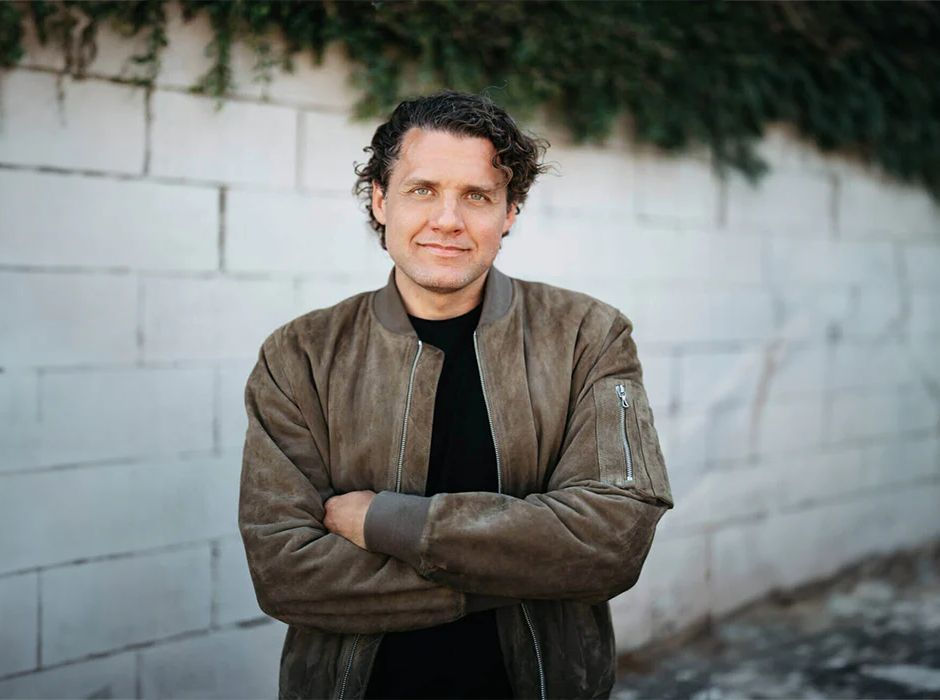How to change your mind without losing yourself
- jeanne7629
- Jun 20
- 2 min read
Updated: Sep 20

This one had me nodding from the intro. Mark Manson opens with something that really bothers me: too many podcast hosts chase big-name guests and then let them speak unchecked. No pushback, no curiosity, no disagreement. Just airtime. So when he said he wanted to explore real belief shifts (“not just minor things, but major assumptions we’ve dropped over the last few years”) I was hooked. And honestly, I might borrow that premise for a future Think Again session: What have you changed your mind about?
One moment that stuck with me was his reflection on religion. He points out that, despite no longer being religious himself, he sees real value in religious communities: mutual support, service to others, a shared sense of meaning. It’s hard to replicate that outside of faith communities, and even if you strip out the supernatural, what’s left might not feel the same. It made me wonder: is it possible to recreate the good parts of religion without the beliefs?
He also talks about trust and change, specifically, how he trusts people less if they haven’t changed their minds about anything in 20 years. I loved that. There’s something healthy, even admirable, about being open to rethinking things.
But I did push back (in my head) on one idea: that people don’t really change, and that what we call “growth” is just learning to manage behaviours we’ve always had. I see what he’s saying, but I’d argue that is real change. Learning how to better respond to anxiety, or to perfectionism, or to the parts of ourselves that get in the way of who we want to be, that’s not just coping, that’s evolving. I’ve changed. I’ve softened. I’ve shifted. I don’t think that means I’ve lost myself. In fact I hope I’ll keep changing and becoming more of the version of myself I want to be.

Comments